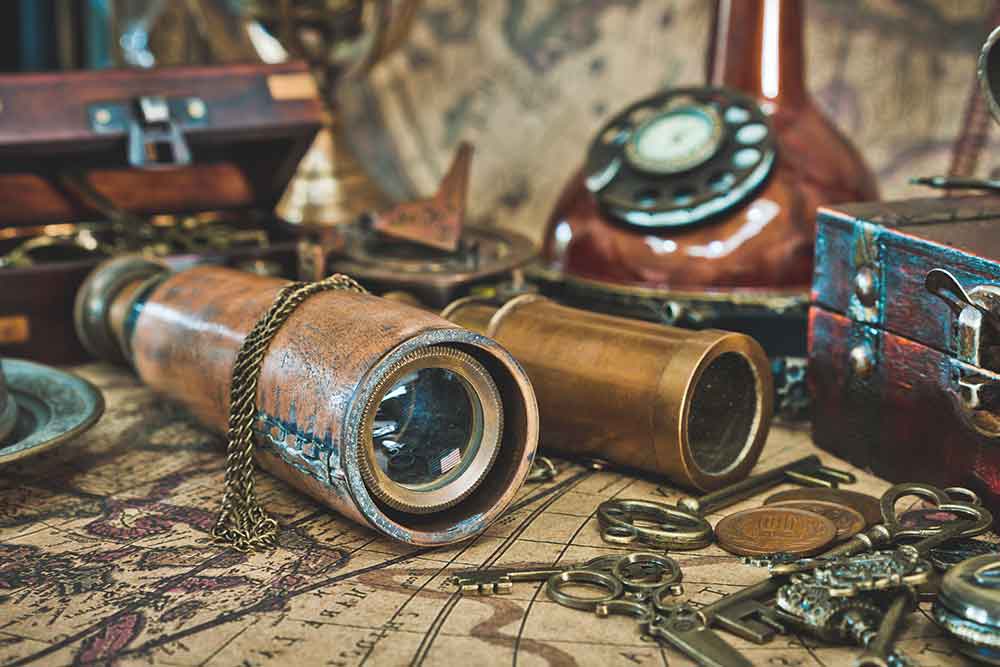
Jewelry: Pawn shops are known for their selection, so they also buy jewelry. They accept gold, silver, diamonds, and other precious metals and stones. It’s wise to have your jewelry appraised before selling.
Electronics: Pawn shops are popular for electronics. They accept smartphones, tablets, laptops, and cameras in good condition. Bring accessories like chargers or cases to increase value.
Tools: Pawn shops accept tools in good condition. They take hand tools to power tools, offering a way to get cash for items you no longer use.
Musical Instruments: Pawn shops often accept musical instruments like guitars, keyboards, and drums. Selling a musical instrument in good condition can earn you some extra cash.
Collectibles: Pawn shops are interested in collectible items such as coins, stamps, and sports memorabilia. If you have collectibles you no longer want, consider selling them at a pawn shop.
How It Works: When you bring an item to a pawn shop to sell, the pawnbroker assesses its value based on factors such as condition and market demand. They make you an offer, and if you accept, you receive cash. If you decide not to sell, you can retrieve your item at any time, though you may have to pay a fee.
Conclusion: Pawn shops offer a convenient and hassle-free way to sell items you no longer need. Whether you’re selling jewelry, electronics, tools, musical instruments, or collectibles, pawn shops can be a great option. Bring your items in good condition and be prepared to negotiate for the best price.
The History of Pawn Shops: Pawn shops have a long history dating back to ancient times. They have served as essential community establishments for centuries, providing people with a way to access quick cash and buy goods at affordable prices.
Community Impact: Pawn shops play a significant role in communities by providing financial services to those who may not have access to traditional banking. They also offer a way for people to find unique items at a fraction of the cost of buying new.
Sustainability: Pawn shops promote sustainability by giving items a second life. Instead of throwing away unwanted goods, people can sell them to pawn shops, where they can be resold to others who can make use of them.
Personal Experience: Share a personal anecdote about selling or buying an item at a pawn shop. Describe the process and how it benefited you.
Tips for Selling: Provide tips for those looking to sell items at a pawn shop, such as researching the value of your items beforehand and being prepared to negotiate.
Conclusion: Reiterate the benefits of selling at a pawn shop and encourage readers to consider this option when they have items they no longer need.



